Delta 9 vs Delta 8
The world of cannabinoids can be confusing, especially when it comes to understanding the difference between Delta 9 and Delta 8 THC. As more people explore the potential benefits of cannabis-derived products, these two compounds have taken the spotlight for their unique effects and wide range of uses. While both Delta 9 and Delta 8 are forms of THC, they’re not exactly the same—and their subtle differences can make a big impact depending on what you’re looking for.
Whether you’re after therapeutic benefits, a mild high, or simply curious about these two cannabinoids, knowing what sets Delta 9 and Delta 8 apart is essential. In this guide, we’ll break down the differences in their effects, legal status, and uses, so you can make an informed choice on which might be right for you.
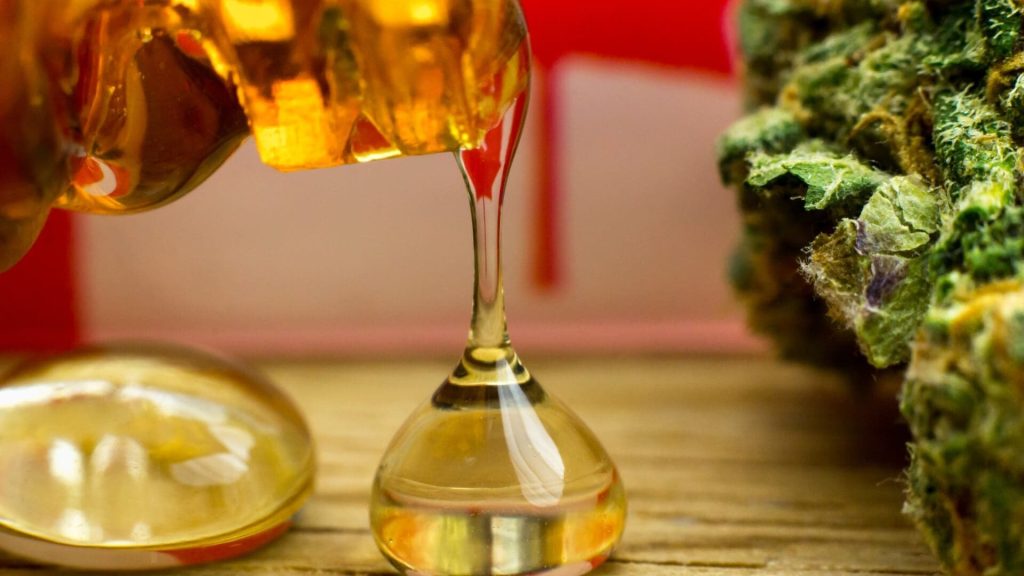
What are Delta 9 and Delta 8?
Delta 9 and Delta 8 THC are two distinct cannabinoids found in the cannabis plant, both sharing similar origins yet providing uniquely different experiences. Delta 9 THC, often just referred to as “THC,” is the most well-known and abundant psychoactive compound in cannabis. It’s largely responsible for the “high” associated with marijuana, contributing to effects like euphoria, relaxation, and altered perception. Because it is more widely researched and understood, Delta 9 is what most people think of when they consider the effects of cannabis.
Delta 8 THC, on the other hand, is a close chemical cousin to Delta 9 but occurs in much smaller quantities within the plant. While it still has psychoactive properties, Delta 8 is generally considered to produce a milder, more clear-headed high. Often called the “gentler sibling” of Delta 9, Delta 8’s effects are usually described as less intense, which some users find appealing for daytime use or for a more manageable experience.
The primary difference between these two cannabinoids lies in their chemical structure. Delta 8 has a double bond on the eighth carbon chain, while Delta 9’s is on the ninth. This small difference in molecular structure is what gives each cannabinoid its distinct effects on the body. From their origins to their effects, Delta 9 and Delta 8 may be similar, but understanding what sets them apart can help you choose the one that aligns best with your needs.
How are they made?
Delta 9 and Delta 8 THC may share a similar origin, but the methods used to produce these cannabinoids are quite different. Delta 9 THC is naturally abundant in the cannabis plant, especially in marijuana strains, and can be easily extracted through straightforward methods like heating or pressing the plant material. Because of its higher concentration in cannabis, Delta 9 production is relatively simple, often using extraction processes that isolate and purify the compound for various product forms.
Delta 8 THC, however, is found in much lower concentrations, making it more challenging to extract directly from cannabis. As a result, Delta 8 production typically involves converting CBD or Delta 9 THC into Delta 8 using a chemical process called isomerization. In this process, the molecular structure of CBD or Delta 9 is altered to produce Delta 8 THC. This process requires more technical expertise and careful handling, as it involves solvents and specific lab conditions to ensure a safe, high-quality final product.
These differences in production not only influence the cost and availability of Delta 8 and Delta 9 but also affect their purity and potency. Since Delta 8 often requires more extensive lab processes, choosing products from reputable, tested sources is essential to ensure safety and consistency.
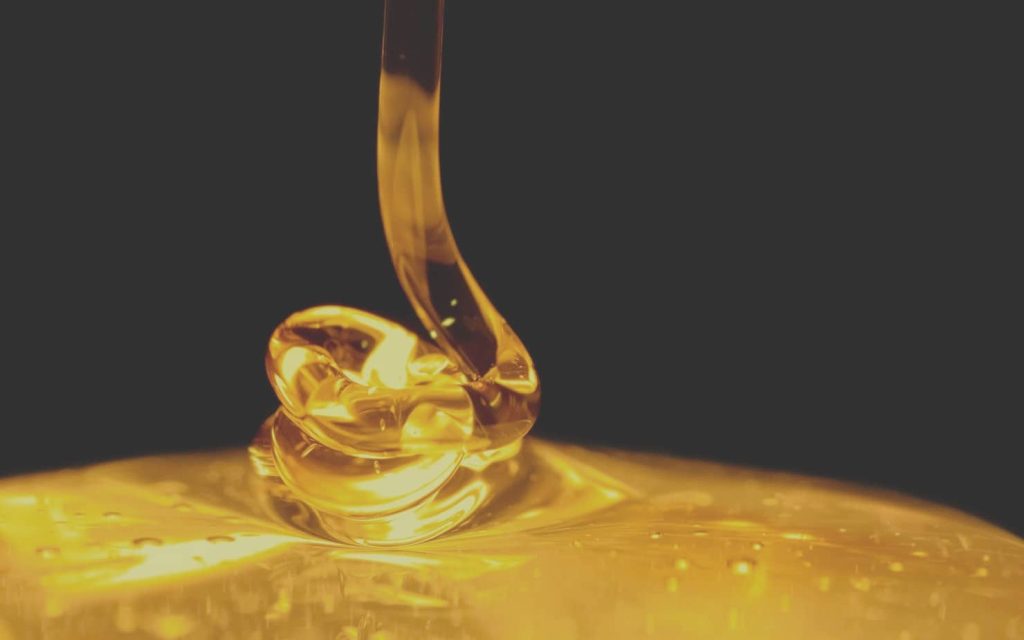
Psychoactive Effects: Mellow vs. Potent
One of the main differences between Delta 9 and Delta 8 lies in their psychoactive effects. Delta 9 THC is well-known for delivering a powerful high, often characterized by euphoria, altered sensory perception, and deep relaxation. For many, it’s the go-to choice for a traditional cannabis experience, but it can also lead to intense effects that aren’t always desirable, such as paranoia or anxiety, particularly in higher doses or for those new to THC.
Delta 8 THC, in contrast, offers a more subdued and manageable high. Users often describe Delta 8 as providing a smooth, gentle sense of relaxation without the same intensity as Delta 9. Its effects are often considered less intoxicating, allowing for more clarity and focus, which makes it a popular choice for daytime use or for those looking to enjoy THC without the risk of feeling overwhelmed. Because of its more balanced effect profile, Delta 8 can be an excellent option for people seeking mild relief from stress, discomfort, or anxiety without the stronger psychoactive punch of Delta 9.
Ultimately, the choice between Delta 9 and Delta 8 depends on your personal tolerance, the experience you’re looking for, and the level of intensity you’re comfortable with. While Delta 9 may be ideal for a powerful, immersive experience, Delta 8 provides a lighter, more relaxed alternative, making it a versatile option for various settings and moods.
Medical Benefits and Therapeutic Uses of D9 and D8
Both Delta 9 and Delta 8 THC are known for their potential therapeutic benefits, but each may offer distinct advantages depending on the user’s needs. Delta 9 THC has been widely studied for its medicinal properties and is commonly used to help manage conditions such as chronic pain, nausea, and appetite loss. It’s often prescribed to cancer patients undergoing chemotherapy to help with nausea and to those suffering from severe pain conditions, as it has a potent effect on pain relief and appetite stimulation.
Delta 8 THC, while less researched, has shown promise in providing similar benefits with fewer side effects. Some users find Delta 8 helpful for mild pain, anxiety, and nausea relief without the intense psychoactive effects that Delta 9 can bring. Its gentler nature may also make it more suitable for people who are sensitive to Delta 9’s effects or who need relief without significant intoxication. Delta 8 is especially popular among those who seek anti-anxiety benefits, as it provides a calming effect without the increased heart rate or paranoia that some experience with Delta 9.
Though research is ongoing, early findings suggest that both Delta 9 and Delta 8 could be valuable options for therapeutic use, with Delta 8 potentially serving as a more approachable choice for those seeking mild, symptom-focused relief. As always, it’s recommended to consult a healthcare professional to determine which cannabinoid is the best fit for specific health needs.
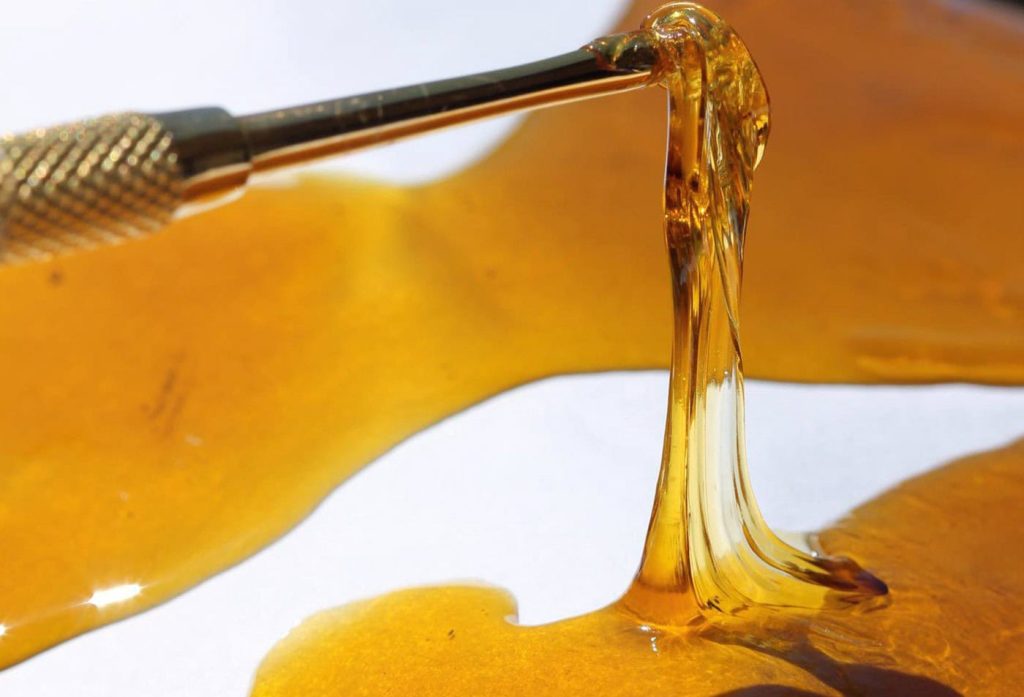
Choosing the Right Cannabinoid for You
Deciding between Delta 9 and Delta 8 THC ultimately depends on your personal preferences, lifestyle, and goals. If you’re looking for a potent, traditional cannabis experience with strong psychoactive effects, Delta 9 may be the ideal choice. It offers a powerful high, potential relief from chronic pain, and can be more suitable for evening use or situations where deep relaxation is desired. However, if you’re newer to THC or sensitive to its effects, the intensity of Delta 9 may feel overwhelming, making Delta 8 a more comfortable option.
Delta 8 THC is often favored by users who want a milder, more manageable experience. Its effects are usually described as calming and clear-headed, making it ideal for daytime use or for those who want a more functional high. Delta 8 is also an appealing option for individuals seeking to alleviate mild anxiety or discomfort without experiencing the potential for increased anxiety sometimes associated with Delta 9.
Consider what experience you’re seeking, whether it’s for therapeutic purposes or recreational enjoyment. Both cannabinoids offer unique benefits, but understanding their differences can help you choose the one that best aligns with your needs. Remember, starting with a low dose and slowly increasing can help you find the right balance, allowing you to enjoy the benefits of THC without unwanted side effects.
Conclusion
Both Delta 9 and Delta 8 THC have distinct qualities that make them valuable options in the world of cannabinoids, each offering unique effects, benefits, and experiences. Delta 9 THC provides a classic, potent high that has been widely embraced in both recreational and medical settings, while Delta 8 offers a gentler alternative with a more manageable psychoactive profile. Whether you’re seeking powerful relief or a milder, daytime-friendly experience, understanding these differences can help you choose the cannabinoid that best meets your needs.
Summary:
- •Delta 9 and Delta 8 THC offer distinct experiences, with Delta 9 providing a potent high and Delta 8 offering a gentler, more manageable effect.
- •Delta 9 is ideal for those seeking strong psychoactive effects or therapeutic relief, especially in states where it’s legally available.
- •Delta 8 is a great option for users wanting a milder, clear-headed experience, suitable for daytime use or those new to THC.
- •Start with a low dose and choose reputable products to minimize side effects and ensure safety.
- •Know your local laws to ensure compliance, as the legality of Delta 9 and Delta 8 varies by location.
- •Ultimately, choosing the right cannabinoid comes down to your personal preferences, lifestyle, and desired effects.
As with any cannabinoid, it’s important to start with a low dose, especially if you’re new to THC, and choose reputable products from trusted brands. Staying informed on local laws, product types, and safety considerations will ensure a positive, enjoyable experience. By carefully weighing your options, you can make an informed choice and enjoy the unique benefits that Delta 9 and Delta 8 each bring to the table.

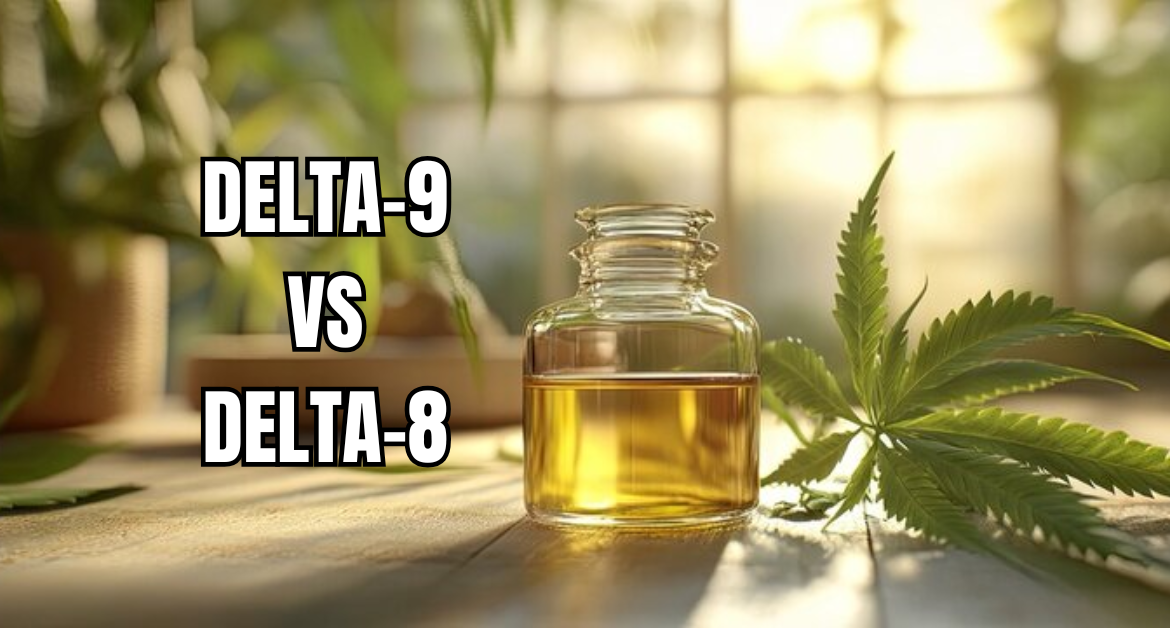





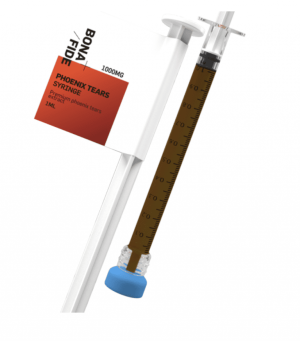
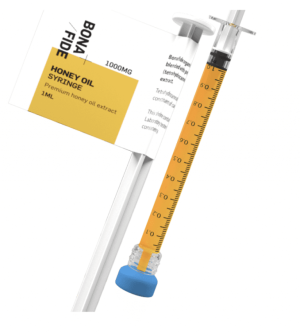
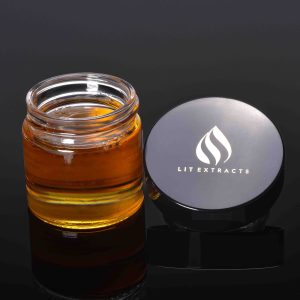
Leave a comment